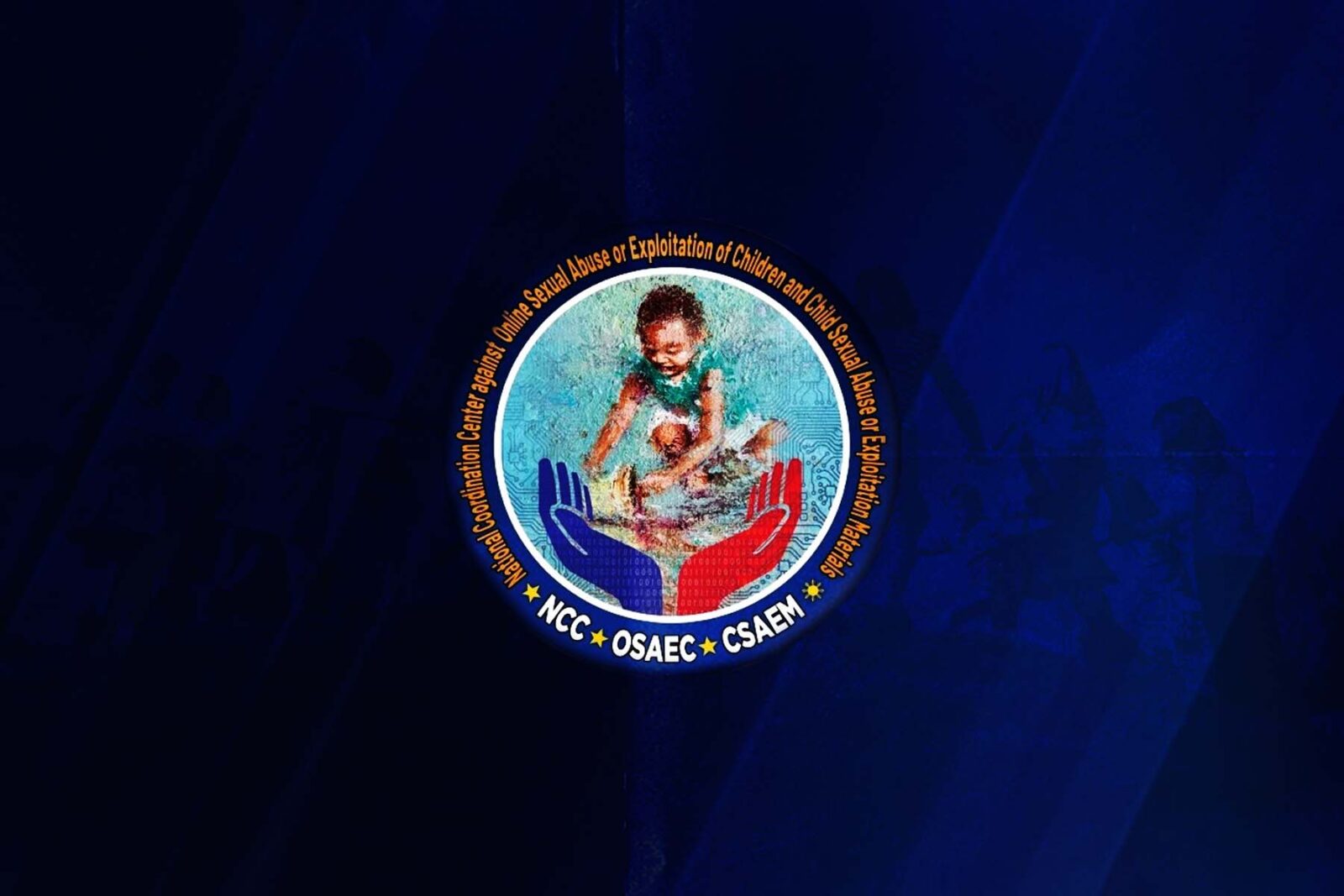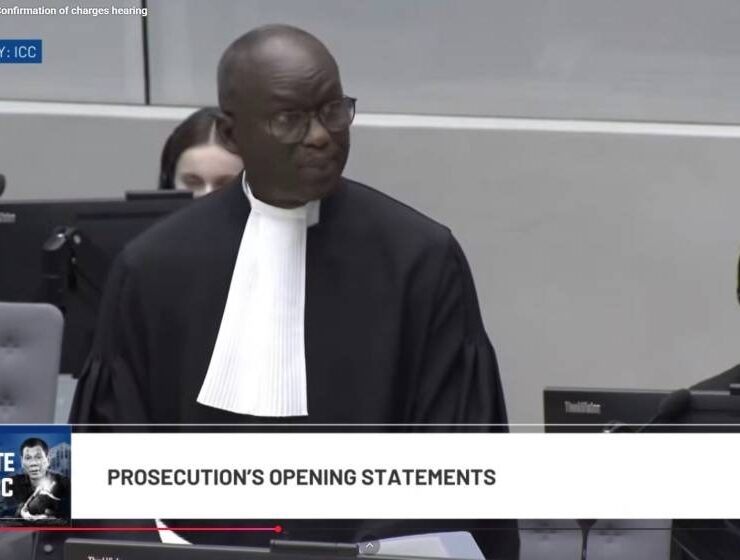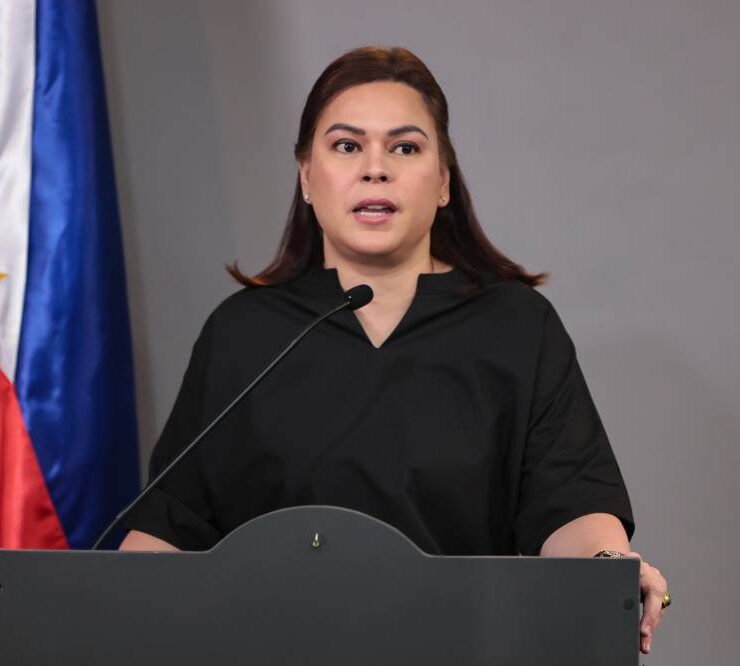Trust a factor: More women than men convicted for child abuse since 2019

More women than men have been convicted under the country’s laws against online sex trafficking and sexual abuse of children, highlighting the fact that more often than not, the perpetrators are within the “circle of trust” of victims.
This finding was based on data from the National Coordination Center against Online Sexual Abuse or Exploitation of Children and Child Sexual Abuse or Exploitation Materials that was presented during Thursday’s Senate committee on women and children inquiry into the proliferation of online sexual abuse and exploitation of children.
From 2019 to 2025, there were 238 convictions in relation to violations under Republic Act Nos. 11930 (Anti-Online Sexual Abuse or Exploitation of Children, or OSAEC) and 9208 (Anti-Trafficking in Persons Act), Justice Assistant Secretary Michelle Lapuz told the panel led by Sen. Risa Hontiveros.
Over half of those convicted, or 133, were women while 56 were men.
“This is in relation to their role as facilitators; gaining access to the children, gaining [the] trust [of] the children, and unfortunately, within the Philippine context, a lot of these perpetrators are within the child’s circle of trust,” Lapuz said.
Among those convicted was a woman who was sentenced to life imprisonment and fined P2 million in February for selling private photos and videos of lewd performances featuring her own daughter.
The sentence, handed down by the Quezon City Regional Trial Court Branch 86, stemmed from a Federal Bureau of Investigation report about alleged Filipino facilitators of OSAEC through online messaging apps like WhatsApp.
“This is a hidden crime because it’s cloaked in grief and shame,” Lapuz said, adding that part of the problem was the massive gap between estimated OSAEC cases and actual operations carried out against perpetrators.
“This is not to say that our law enforcement agents are not doing their work … it’s just a matter of case buildup and the work required to do these operations, and the lack of tools and personnel,” Lapuz said. “We [also] need to strengthen the criminal justice system to educate more prosecutors, law enforcement agents and judges in handling and appreciating digital forensic evidence.”
Several studies have shown that family members are often the facilitators of child sexual abuse and trafficking, driven by extreme poverty, the power imbalance between adults and children, and normalized generational abuse.





















